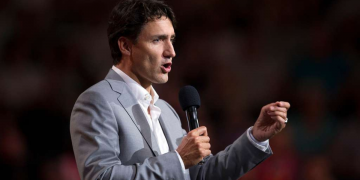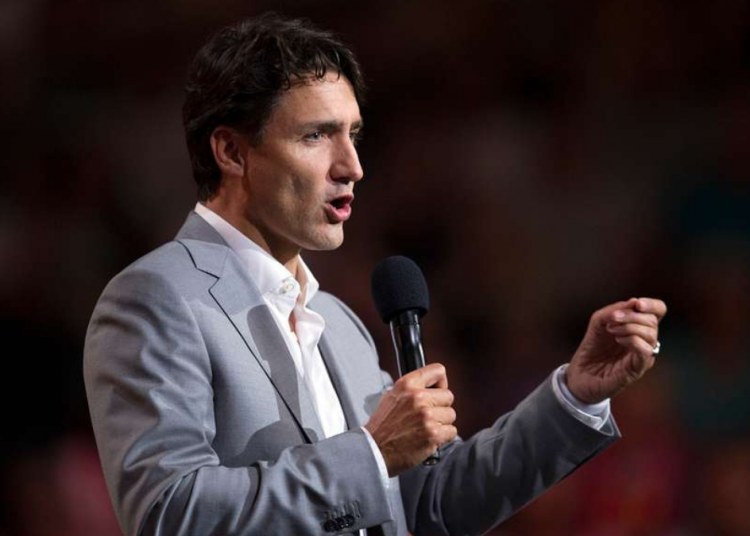Canada’s Prime Minister Justin Trudeau has announced his resignation, leaving behind a legacy of chaos. Trudeau conveyed his intention to step down as party leader and prime minister following the selection of the next Liberal Party leader through an inclusive nationwide process. His decision to resign comes amid falling approval ratings and political turbulence within the Liberal Party ahead of the country’s general election in October.
Trudeau’s tenure drew criticism for overbearing approach to governance and implementation of policies favoring leftist ideologies. High-profile incidents, such as the handling of the trucker protests against COVID-19 vaccination mandates by invoking the Emergencies Act, raised protests about civil liberties and the use of state power. The Trudeau administration’s crackdown on the anti-mandate protests, which included forcible removals and attempts to defund the movement, was later ruled “unreasonable” and illegal by a Canadian court.
Trudeau also censured for his approach to gun control, with the prohibition of over 300 “assault-style firearms” causing uproar among firearm owners. Other policy initiatives included support for radical gender theory, limitations on farmers’ fertilizer usage, and mass immigration, further polarizing public opinion.
Trudeau’s stepping down is a necessary development in the light of crises, discontent, and alleged policy failures marking his tenure. It remains to be seen how the next leader will address the prevailing challenges amid the emerging political landscape.




















Discussion about this post